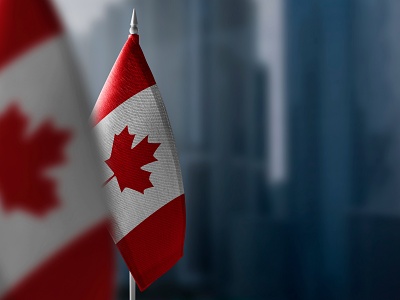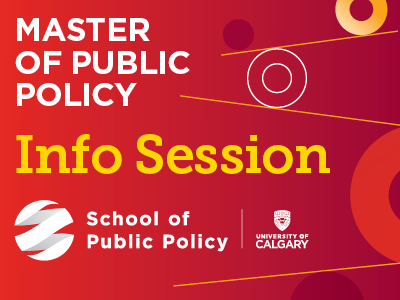OPINION: For the good of the country, Liberals and Conservatives must work together

This article was originally published in the Globe and Mail. To see the original article click here.
Canadians have just voted in almost equal measure for two very different parties. At first blush, we are again a nation of two solitudes. Yet something has changed.
Elections Canada reported the Liberals under Mark Carney got almost 44 per cent of the popular vote and the Conservatives under Pierre Poilievre received over 41 per cent. That became 49 per cent of seats in the House of Commons for the Liberals and 41 per cent for the Conservatives. Yes, the Liberals will form government, but without a majority.
With an almost equal split in how Canadians voted, how can the country pull together in these very difficult times?
If the divide along party lines determines our next steps – if our politicians focus more on electoral results, partisan ideologies and fighting for turf – then predictions of a continued, seriously divided country could come true. If, however, our politicians, in the age of U.S. President Donald Trump, understand the need to focus on the major challenges facing the country, we can get things done. And we certainly need to get some big, ambitious things done.
For now, without a majority, the Liberals will need to work with others in the House to advance their agenda and get things done. Will the Liberals turn to the NDP, almost decimated in this election, and thus allow a very small number of people no longer even with official party status – only seven NDP MPs were elected – to have sway over major policies and actions? At a time of serious economic challenges, with corresponding tough decisions to make, that unsettling balance of power is not what the country needs.
Will the Liberals turn to the Bloc Québécois members, led by a person who has called Canada an “artificial country” and wants to leave? One surely hopes not. That is not Canada’s future, not for the millions of Canadians of all political stripes who have rallied around the flag in recent months.
Something interesting happened between former prime minister Justin Trudeau’s resignation and election day. Had it not been for Mr. Trump, the two campaign platforms would have been very different from each other, both in substance and tone. Mr. Trump, however, has shaken us out of our complacency and reminded Canadians we must look out for Canada first.
Canadians have rapidly become much more conscious of our flagging economy, our woeful economic productivity, and our embarrassing and costly inability to trade freely across provincial boundaries. Our national security is now top-of-mind, and our dependence on the U.S. is worrisome. Canadians are much more aware of our need for infrastructure to get our resources, food, and other goods to markets other than south of the border.
And as Canadian voters go, so do the politicians. Both major parties’ platforms converged on these issues that are now priorities for Canadians, with both supporting key proposals: eliminating interprovincial trade barriers; creating infrastructure corridors; increasing support for our military; building more housing; capitalizing on our energy and mineral resources, and doing so quickly, rather than allowing them to languish in the ground; even building pipelines, both east and west.
This means, rather surprisingly, that it should be far easier – and more in line with the preferences of most Canadians – for the Prime Minister to look for support, not from the NDP rump or separatist Bloc, but from the other party that almost half of Canadians voted for. The Liberals and Conservatives could – and should – cooperate on the things both have already supported in their campaigns. No formal coalition is needed – just a desire, and the leadership, to work on key issues collaboratively.
This is a moment for Canada – a moment of immense challenge, but also a moment of immense opportunity. We need our political decision-makers to find where collaboration is possible, to put aside partisanship, at least for now, to focus on the tough decisions necessary to get our economic house in order, invest in our national security, and assure both our sovereignty and future prosperity.
Canadians – voters – can help by encouraging their new MPs to seize this time for a government reset, not for partisan gain, but for Canada.
Martha Hall Findlay is director of the School of Public Policy at the University of Calgary, the James S. and Barbara A. Palmer chair in public policy and former member of Parliament.


